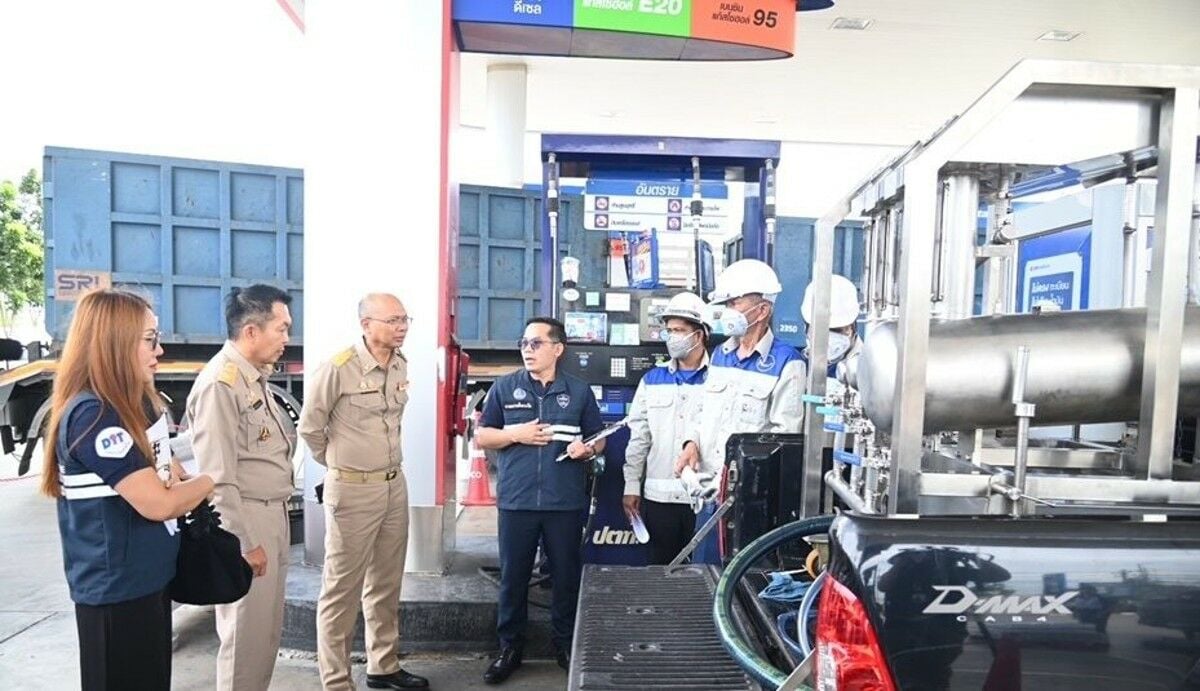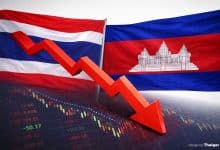Thailand introduces new inspection system for fuel measurement

Thailand’s Ministry of Commerce has initiated a new registration system for private entities to become certified inspection units, aiming to enhance the reliability of fuel measurement at service stations.
The Department of Internal Trade (DIT) announced the criteria for this registration process. Starting July 26, they have been promoting this initiative and welcoming applications since August. This move is part of a broader effort to ensure accurate weight and measurement standards in various sectors.
The department has developed four training courses for inspection units, focusing on different types of measuring instruments. These include service station meters, vehicle scales, water meters, and length-measuring devices.
Currently, 45 companies and 157 individuals have completed these courses, with four companies officially registered as inspection units. Among these, one company is registered for water meter inspections, two for service station meters, and one for large-scale weighing.
In response to the growing demand for accurate fuel measurement, the DIT has tightened its legal measures regarding the inspection frequency of fuel dispensers. The certification period for these dispensers has been reduced from two years to one year.
This decision aligns with the Ministry of Commerce’s latest regulations on liquid volume meters, which detail the necessary materials, allowances, and certification durations. The regulation took effect on February 21.
Pilot programme
With approximately 24,000 service stations and 240,000 fuel dispensers nationwide, the DIT has initiated a pilot programme for the inspection units to verify service station meters. This pilot began on November 1 and has already seen two stations with 62 dispensers inspected, all of which met the required standards.
“The evaluation conducted by the inspection units adhered to the established guidelines.”
A representative from the DIT observed the certification process at a PTT Retail Business service station on Highway 346 yesterday, November 5. All seven dispensers at this location passed the inspection. Once an inspection unit completes its evaluation, it affixes a QR-CODE sticker as a certification mark on the dispenser. The results are then promptly submitted to the department.
The public is advised to check that fuel dispensers at service stations display the certification mark issued by the DIT. Additionally, consumers should verify that the price per litre is displayed on the dispenser and matches the price shown at the station’s entrance. Before starting refuelling, ensure the sales amount and litre display are reset to zero, and verify the accuracy of the total amount and litres dispensed once refuelling is complete.
If consumers encounter discrepancies or unfair practices at fuel stations, they are encouraged to report these issues. Complaints can be made via the DIT’s hotline at 1569, the LINE application @MR.DIT, or through provincial commerce offices across the country.
Stations using inaccurate dispensers or lacking certification marks face penalties of up to six months of imprisonment, a fine of up to 20,000 baht, or both. Those found tampering with dispensers to manipulate measurements face more severe penalties, including up to seven years of imprisonment and a fine of up to 280,000 baht, reported KhaoSod.
Frequently Asked Questions
Here are some common questions asked about this news.
Why has Thailand shortened the certification period for fuel dispensers?
To ensure more frequent checks and enhance accuracy in fuel measurement, aligning with new regulations for liquid volume meters.
How does the QR-CODE sticker system improve transparency at service stations?
It provides a visible certification mark that confirms dispenser accuracy, allowing consumers to easily verify compliance with measurement standards.
What if a service station lacks a certification mark on its dispensers?
The station may face legal penalties, as the absence of a mark indicates non-compliance with required measurement accuracy standards.
How might the new inspection system impact consumer trust in fuel stations?
Ensuring measurement accuracy and transparency could significantly boost consumer confidence in fair fuel transactions.
What are the potential consequences of tampering with fuel dispensers in Thailand?
Severe penalties, including imprisonment of up to seven years and hefty fines, deter manipulation of measurement accuracy.
Latest Thailand News
Follow The Thaiger on Google News:


























